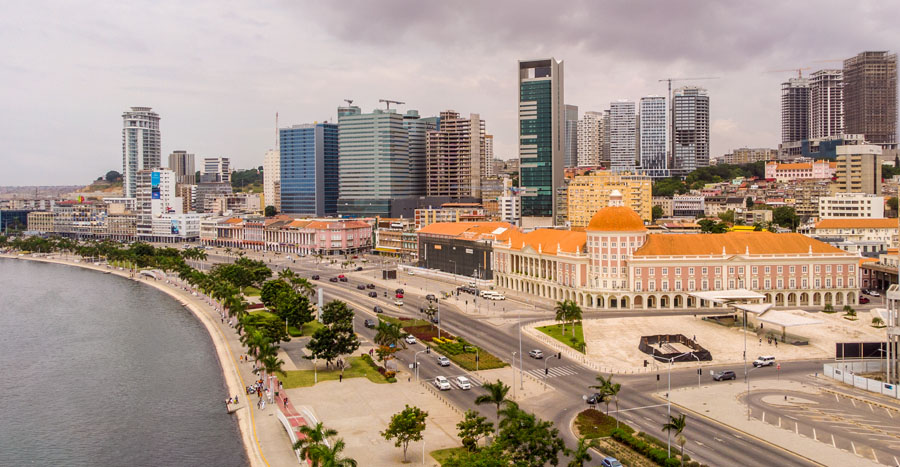Armando Manuel, Chairman of the Angola Sovereign Wealth Fund (FSDEA), has assured that the Fund is on track to deliver on its mission of wealth creation for Angola and Angolans.
The Fund anticipates a 12% portfolio expansion over five years, leveraging robust economic conditions in its African markets.
Armando Manuel stated that the FSDEA has made strategic investments in Africa and globally to ensure Angola benefits from local and international opportunities.
Mr. Manuel, with his expertise in sovereign wealth management, is returning to the Fund to assist in achieving its mission and vision.
As Angola’s Economic and Social Council Advisor, Mr. Manuel provided strategic insights and policy recommendations to the President, significantly contributing to the country’s economic and social development agenda.His dedication to education and research is evident in his passion for fostering talent and intellectual growth.
Manuel, a former Angolan Minister of Finance, has extensive professional experience and a high net worth network, having served as Executive Director and Board member at the World Bank Group representing Angola, Nigeria and South Africa.
The FSDEA Chairman emphasizes the fund’s role in driving progress at the Longonjo rare earths project, aiming to maximize Angola’s natural resource wealth for economic growth, human development, and poverty alleviation.
Earlier this year, the London-listed Pensana Rare Earths and its local subsidiary OzangoMinerais welcomed the board of FSDEA to Longonjo for a site inspection. The six members of the board were accompanied by the head of investment and key analysts of the FSDEA.
Pensana holds an 84% stake in Angola-registered company OzangoMinerais, which owns 100% of the mining license for Longonjo.
The visit aimed to assess early-stage construction activities funded by a $15-million bridging loan from the FSDEA before the main financing is completed.
“[The] FSDEA has financed the acceleration of construction activities to ensure the project maintains momentum while we work with the lender consortium to conclude the main finance,” Manuel explained.
The visit was part of a larger review of projects along the Lobito Corridor, the Benguela railway line connecting Longonjo to the Port of Lobito.The infrastructure is deemed a crucial enabler and core benefit for the Longonjo project.
Angola is aiming to become one of sub-Saharan Africa’s five largest economies, bolstered by rising oil prices and a growing non-oil sector, according to the IMF’s forecast.
A major producer of rough diamonds, Angola has reserves of over 50 essential minerals and is constructing the Lobito Corridor rail network to connect DRC mineral exports to the Atlantic.
The southern African country is aiming to enhance its investment climate, combat corruption, promote democracy, enhance governance, and uphold human rights.
Angola has risen 20 places in the 2022 Transparency International Corruption Perceptions Index, ranking 116 out of 180 countries.
Angola’s Agency for Private Investment and Promotion of Exports (AIPEX)reported a $3.8 billion increase in foreign direct investment inflows in 2023, attributed to regulatory improvements, economic reforms, and technological advancements.
AIPEX’s investment from the United States increased by $1.2 billion during the same time. Angola is also attracting a lot of attention as an investment destination from investors throughout the world.
The World Bank has chosen Angola to assess its business and investment climate under its flagship, Business Ready project.
What is more, Angola aims to generate 77% of its installed power supply from clean sources by 2025, demonstrating its commitment to environmental sustainability. The country is set to host the largest solar power generation capacity in sub-Saharan Africa, thanks to significant government investment from U.S. firmSunAfrica.


